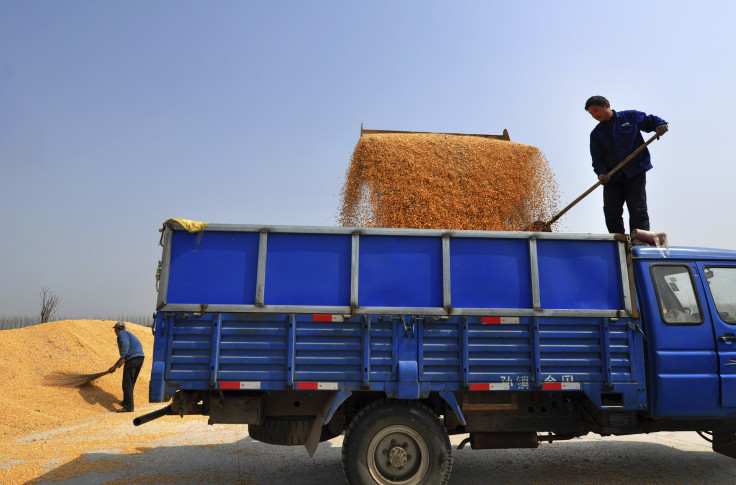China Worried About Its Dependence On Corn Imports

Chinese leaders are worried the world’s second-largest economy will come to depend on imports for corn, just as it does for soybeans.
“We cannot have a situation like it was with soybeans, where we now heavily rely on imports,” Huang Dafang, the director of the Biotechnology Research Institute of Beijing’s influential Chinese Academy of Agricultural Sciences, told reporters on Thursday, according to the Wall Street Journal.
Beijing’s goal has long been to have enough domestically grown grain to feed at least 95 percent of its population’s consumption, and soybeans were an important part of that self-sufficiency target, since China’s soybeans had been supplied by domestic producers until the beginning of this century.
But following its admission to the World Trade Organization, Beijing opened its gates to importing soybeans, which quickly overtook domestic output. China has since become the world’s top soybean importer, with 63.4 million tonnes (69.9 million tons) in 2013. By contrast, it only produced 13 million tonnes within its borders.
Corn is showing signs of following that same path, which has China, worried for its independence in grains, especially after the nation turned into a net importer for corn in 2010. The U.S. accounts for more than 90 percent of the Chinese import, which has shown explosive growth in recent years.
In December, China rejected 545,000 tonnes of corn from the U.S., because the shipment contained a genetically modified strain, which the Chinese have always been wary of. The rejection contributed to an overall 37 percent fall in the country’s corn import for the year of 2013, according to the Wall Street Journal.
But the massive rejection highlights China’s enormous appetite for the grain to feed its population of 1.3 billion. The government has thus far declined to allow domestic genetically modified corn to be commercially grown and distributed for human consumption, but if that trend continues, China will have no choice but to rely more heavily on imports.
© Copyright IBTimes 2024. All rights reserved.




















